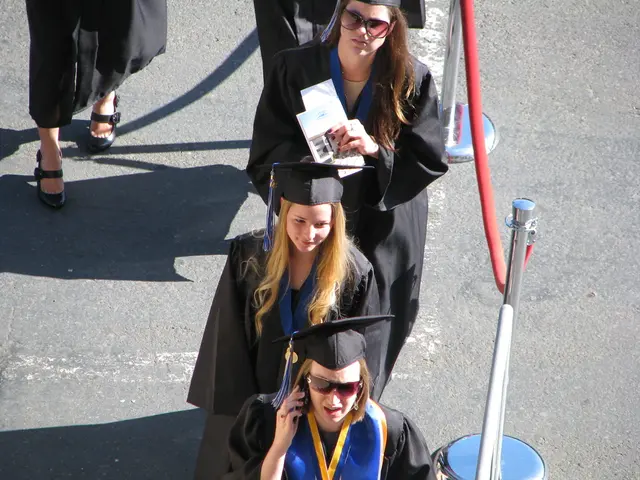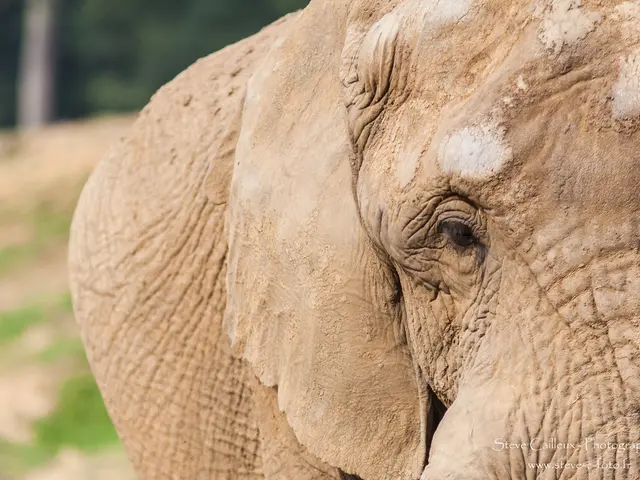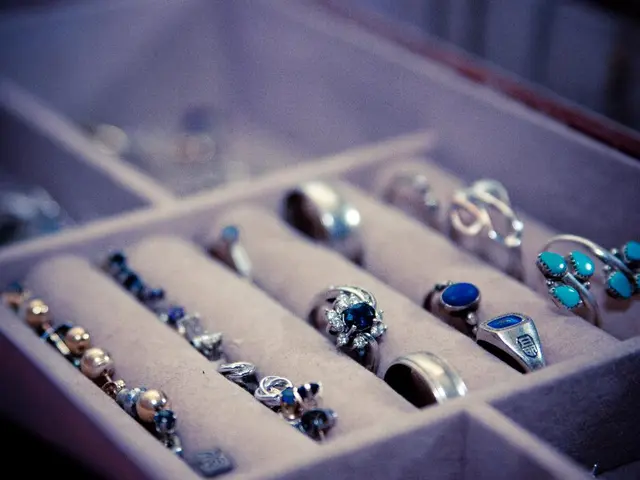Rachida Dati reveals immediate suspension of INA head, apprehended in late July over cocaine acquisition
In a recent development, Laurent Vallet, the president of the National Audiovisual Institute (INA), found himself at the centre of a drug-related scandal. Vallet, who has been in office since May 2015 and was recently reappointed for a third five-year term, was questioned in Paris at the end of July.
According to reports, a 17-year-old boy was followed by police officers from the Anti-Crime Brigade (BAC), leading to his discovery in the interior courtyard of a building. The boy was found to be carrying 600 euros, and upon investigation, it was revealed that he was selling cocaine to Vallet for 600 euros. Vallet, upon realising the situation, handed over the cocaine to the police.
The incident has sparked a wave of controversy, with Culture Minister Rachida Dati announcing the immediate suspension of Vallet from his duties. This news was reported by the far-right weekly Valeurs Actuelles. Given that this was a first-time offense, Vallet is expected to receive a therapeutic injunction at his September court appearance.
Vallet's admission of guilt comes at a time when cocaine trafficking and organized crime have become serious social and political issues in France. The French state has introduced stringent measures targeting drug kingpins, including the creation of a high-security maximum security prison in the northern region to house the 100 most dangerous traffickers.
However, the fight against cocaine trafficking is not without its challenges. Cocaine trafficking in France and Europe involves powerful, transnational criminal networks like the Balkan Cartel, which coordinate large cocaine shipments from Latin America to key EU ports. This cartel is known for handling multi-tonne shipments of cocaine entering European ports such as Hamburg and others, indicating its international reach and operational capacity.
The involvement of drug traffickers with prison staff corruption has also been documented, complicating the fight against cocaine trafficking inside and outside prison walls. For example, a case in early 2025 revealed how an inmate, Samy R., smuggled a variety of contraband including narcotics and electronics into prison with the complicity of compromised guards.
Moreover, the violence and criminal exploitation surrounding drug trafficking have increasingly targeted vulnerable populations such as migrants and minors within France. UNICEF France has highlighted how some minors have been exploited by trafficking networks to act as disposable workers, often under conditions of addiction and coercion, illustrating the broader social impact of cocaine trafficking in the region.
Laurent Vallet, prior to joining the INA, served as the general director of the Institut pour le financement du cinéma et des industries culturelles (Ifcic) from 2002. He succeeded Agnès Saal, who served less than a year, after she was forced to resign at the request of then-Culture Minister Fleur Pellerin.
Vallet acknowledged the "seriously harmful and condemnable nature of drug consumption," and stated he would comply with "any obligations that the justice system deems necessary." Cocaine typically sells for around 60 euros per gram on the street in France, and it is hoped that Vallet's case will serve as a reminder of the destructive consequences of drug trafficking and the need for continued efforts to combat it.
- The general-news outlets have been filled with discussions about Laurent Vallet's involvement in crime-and-justice matters, following his admission of buying cocaine.
- While serving as the president of the National Audiovisual Institute (INA), Laurent Vallet was implicated in a drug-related scandal, sparking debates in general-news and politics about the seriousness of cocaine trafficking in France.








